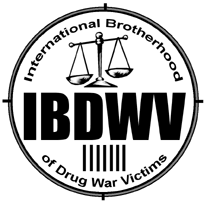Save our Society has shown up a couple of times this week in their opposition to Medical Marijuana. This is another Calvina Faye group, under the Drug Free America Foundation.
They were running ads (pretty outrageous from what I heard) at the last minute to try to get Rhode Island House not to override the veto. After the vote, they issued a press release: “It’s a Sad Day for Children & Families of Rhode Island,” Says Save Our Society
Ah yes, allowing sick people access to medicine is always sad for children and families.
Save Our Society From Drugs is dedicated to fighting drug use, drug addiction and drug trafficking and to promoting effective, sound drug policies, education and prevention. It is equally committed to exposing and refuting the drug legalization advocates and their deceptive tactics.
Refuting? How? With that children and families nonsense?
They’re not just working in Rhode Island.
Check out this hilarious action alert: Medical Fraud Marijuana Bill Intorduced in New Jersey for 2006 [sic]
The time to act is now. It is imperative to keep this harmful schedule I drug out of New Jersey.
They’re going to keep marijuana out of New Jersey? This I gotta see.
The rest is full of lies and exaggerations.
I love the rhetoric, though…
Medical excuse marijuana is the most common tactic used by long-time advocates who promote ballot initiatives and legislation to legalize marijuana. It is a toxic weed that has been rejected as medicine by most major health organizations, and the FDA. Modern medicine relies on proven scientific research, not polling results. The true intent of the pushers behind the drug legalization movement is far from compassionate and not at all scientific.


